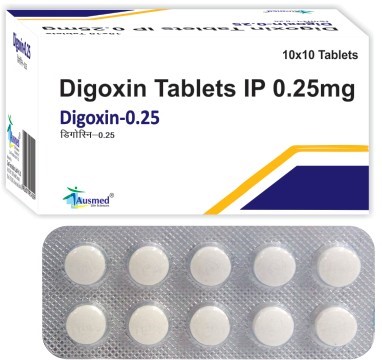A nurse is assessing a client who has fluid volume deficit. The nurse should expect which of the following findings?
Increased urine ketones.
Decreased Hgb.
Decreased urine specific gravity.
Increased BUN.
The Correct Answer is D
Choice A rationale:
Increased urine ketones are not indicative of fluid volume deficit. Instead, they may suggest diabetic ketoacidosis or starvation ketosis.
Choice B rationale:
Decreased Hgb (hemoglobin) is not specific to fluid volume deficit and can be seen in various conditions such as anemia or bleeding.
Choice C rationale:
Decreased urine specific gravity is not consistent with fluid volume deficit, as it usually results in concentrated urine with increased specific gravity.
Choice D rationale:
An increased blood urea nitrogen (BUN) level is expected in fluid volume deficit due to reduced kidney perfusion and function. BUN is a marker of kidney function and is elevated when fluid volume is low.
Nursing Test Bank
Naxlex Comprehensive Predictor Exams
Related Questions
Correct Answer is D
Explanation
Digoxin. Choice A rationale:
Potassium chloride (KCL) is a supplement used to treat or prevent low potassium levels. While it can have side effects, visual disturbances are not typically associated with KCL. Therefore, it is not the medication the nurse suspects to be causing the problem.
Choice B rationale:
Warfarin (Coumadin) is an anticoagulant used to prevent blood clot formation. Visual disturbances are not a known side effect of warfarin. Therefore, it is unlikely to be the cause of the patient's symptoms.
Choice C rationale:
Aspirin (ASA) is a pain reliever and antiplatelet medication, and while it can cause visual disturbances in some cases, it is not a common or significant side effect. Aspirin is also not specifically linked to atrial fibrillation.
Choice D rationale:

Digoxin (Lanoxin) is used to treat atrial fibrillation and heart failure. Visual disturbances are a known side effect of digoxin toxicity. Given the patient's diagnosis of atrial fibrillation and the reported symptoms, the nurse suspects the problem lies with digoxin and should further investigate and report to the provider.
Correct Answer is ["A","D"]
Explanation
The correct answer is A. Limit intake of canned soups and D. Read labels on foods before eating.
Choice A rationale:
Canned soups often contain high levels of sodium, which can contribute to exceeding the recommended daily sodium intake. Limiting these can help manage sodium levels effectively.
Choice B rationale:
Choosing diet sodas over bottled water is not advisable. Diet sodas can still contain sodium and other additives that are not beneficial for a low-sodium diet. Bottled water is a better choice as it typically contains no sodium.
Choice C rationale:
Bottled salad dressings often contain high amounts of sodium. Opting for homemade or low-sodium versions is a better strategy for maintaining a low-sodium diet.
Choice D rationale:
Reading labels on foods before eating is crucial for identifying hidden sources of sodium and making informed dietary choices. This practice helps in adhering to a low-sodium diet by avoiding foods with high sodium content.
: 3
Whether you are a student looking to ace your exams or a practicing nurse seeking to enhance your expertise , our nursing education contents will empower you with the confidence and competence to make a difference in the lives of patients and become a respected leader in the healthcare field.
Visit Naxlex, invest in your future and unlock endless possibilities with our unparalleled nursing education contents today
Report Wrong Answer on the Current Question
Do you disagree with the answer? If yes, what is your expected answer? Explain.
Kindly be descriptive with the issue you are facing.
